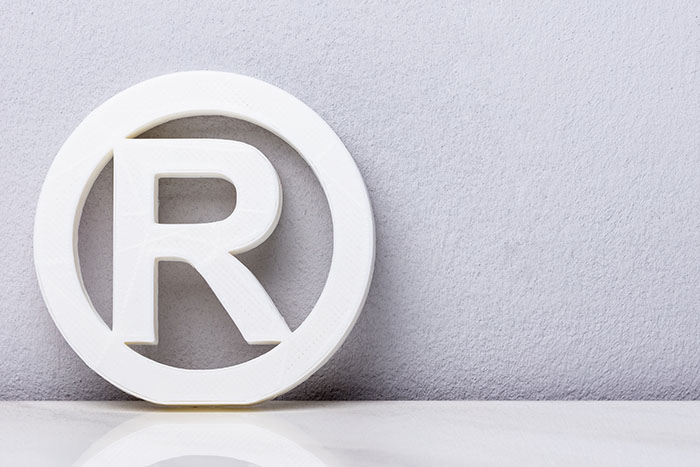In a recent opinion arising out of a dispute between broadcaster Sky and start-up cloud migration services provider SkyKick[i], the Advocate General (AG) has taken a hard, critical look at strategies commonly used by brand owners to secure maximum protection for their trade marks.
The dispute
Sky had registered its SKY trade mark for of a long list of goods and services, which included some very broad terms, for example ‘computer software’, ‘telecommunications services’. Sky had used its trade mark extensively in relation to broadcasting and other goods and services, but it did not offer any migration or cloud back-up services, which was the area SkyKick was interested in. Nevertheless, based on its broad specifications of goods and services, Sky sued SkyKick for trade mark infringement. The High Court held that use of ‘SkyKick’ would infringe Sky’s trade marks, but only if these were valid. SkyKick argued that the marks were not valid, first because the specifications of goods and services lacked clarity and precision and secondly because they had been applied for in bad faith.
Unclear and imprecise
Although recent case law has emphasised the importance of a clear and precise specification in the registration procedure[ii], The AG advises that, once registered, lack of clarity and precision as such cannot be a basis for invalidity. However, he indicates that lack of clarity and precision may result in invalidity on the grounds of public policy. Examples of invalid terms include ‘computer software’, ‘telecommunications services’ and ‘financial services’, which are too wide to be compatible with the trade mark’s function as an indicator of the origin of the goods. This emphasises the need for trade mark applicants to include specific descriptions of the goods and services they wish to use the mark for in order to ensure a valid trade mark.
Bad faith
In addition, the AG advises that applying for a trade mark without intending to use it in connection with the goods and services specified may render it invalid on the grounds of bad faith[iii]. Bad faith is likely to apply where, for example, the sole objective of registering for particular goods or services is to prevent a third party from entering the market. However, the AG emphasises that registration in respect of a broad range of goods or services does not necessarily amount to bad faith. The key question is whether at the time of application the applicant had a “reasonable commercial rationale” for seeking registration “in the light of his use or intended use of the mark”. Examples of situations where there is a reasonable commercial rationale and therefore no bad faith are likely to include registration prior to an anticipated product launch or in areas of – realistic – potential expansion, such as, for example, where a luxury clothing brand registers for perfume with an eye to a possible future expansion in that area.
Where does this leave trade mark owners?
A point which will be particularly welcomed by trade mark owners is the AG’s view that invalidity may be partial, i.e. it may relate to some of the goods/services in the specification and not others. As a number of commentators have pointed out, this means that in practice applicants may continue to register long lists of goods/services leaving any invalidity issues to be dealt with in the event of challenge later. We now await the Court of Justice’s decision to see whether it follows the AG’s Opinion.

 Tom Lingard
Tom Lingard